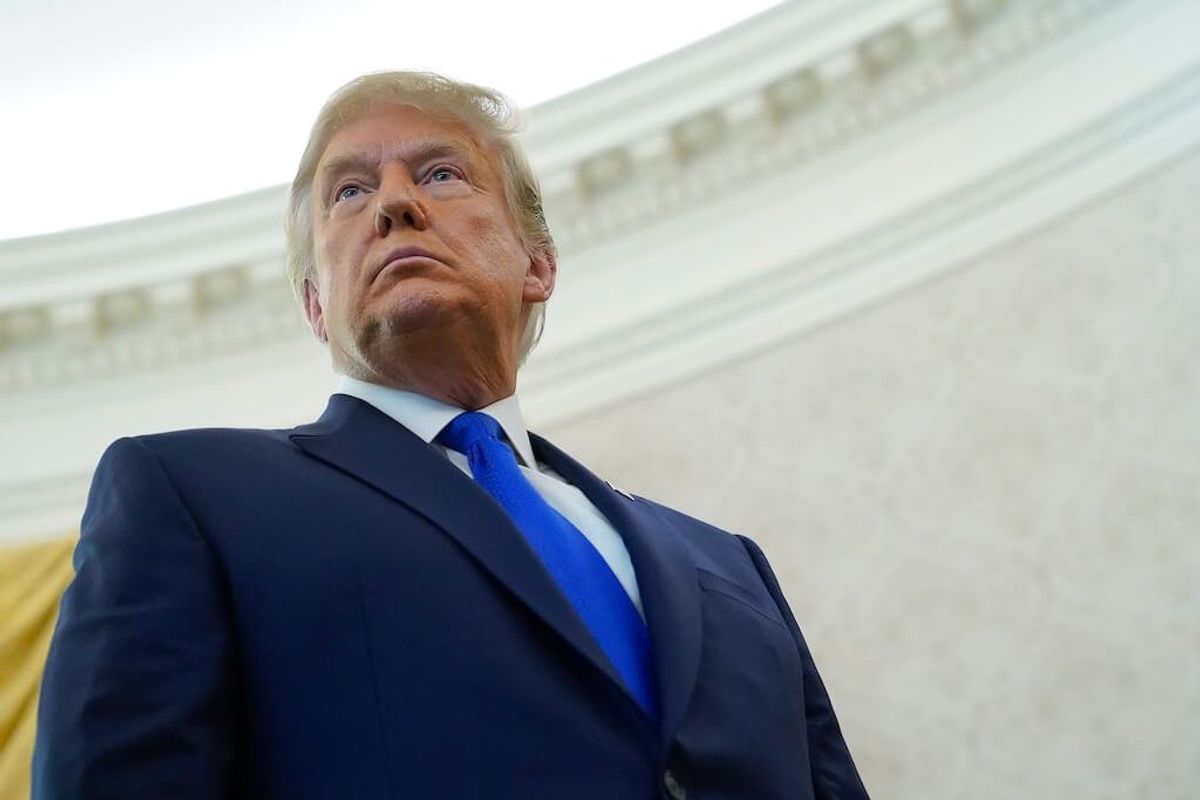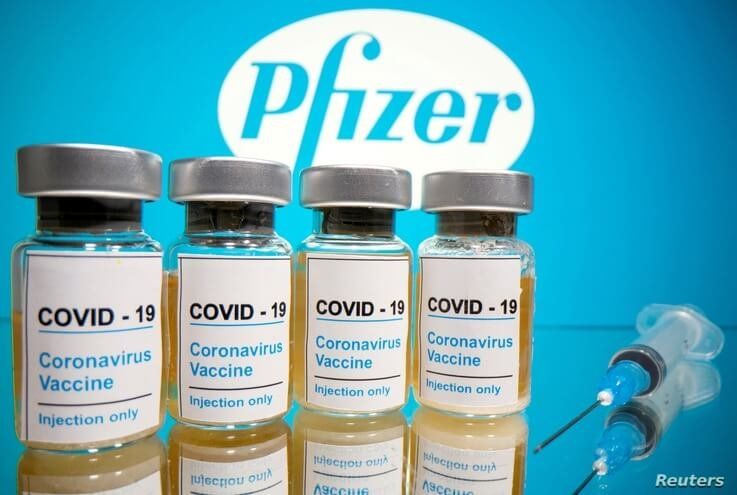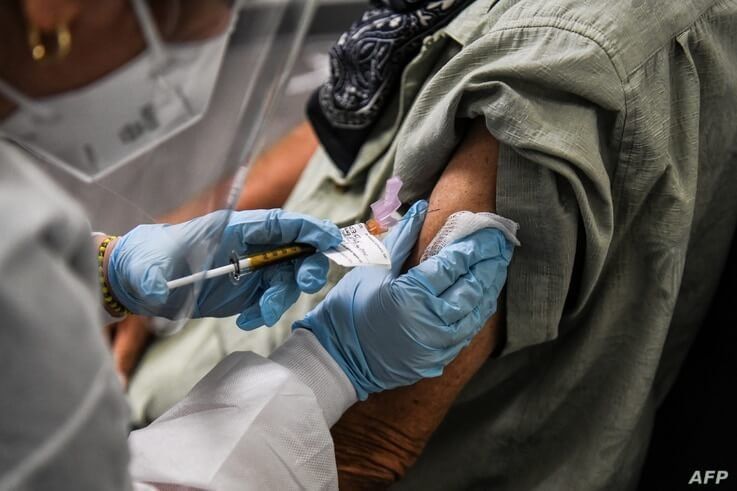
Trump Summit Aims to Boost Faith in Vaccine, Excludes Biden
The Trump administration is aiming to instill public confidence as well as claim major credit for the forthcoming coronavirus vaccines with a White House summit Tuesday featuring experts who will outline distribution plans in detail.
Officials from President-elect Joe Biden's transition team are not invited, even though they will oversee the continuation of the largest vaccination program in the nation's history once he takes office January 20.
President Donald Trump is trying to frame vaccine development as a key component of his legacy.
The Operation Warp Speed summit will feature Trump, Vice President Mike Pence and a host of government experts, state leaders and business executives, as the White House looks to explain that the vaccine is safe and lay out the administration's plans to bring it to the American people.
Senior administration officials provided details on the summit on Monday. An official with the Biden transition confirmed no invitation was extended.

Officials from the pharmaceutical companies developing the vaccines also were not expected to attend, despite receiving invitations, according to people familiar with the matter. Some expressed concerns about the event contributing to the politicization of the vaccine development process and potentially further inhibiting public confidence in the drugs.
Trump is set to kick off the event with remarks aiming to celebrate vaccine development, according to an official who previewed the event.
Trump also will sign an executive order to prioritize Americans for coronavirus vaccines procured by the federal government. A second official said the order would restrict the U.S. government from donating doses to other nations until there is excess supply to meet domestic demand. Both officials spoke on condition of anonymity to discuss plans for the summit.
It was not immediately clear what, if any, impact the order would have on other nations' abilities to access the vaccines. Canadian Prime Minister Justin Trudeau announced Monday he expects his country to receive about 250,000 doses of a vaccine from Pfizer by the end of the year.
The Food and Drug Administration is to meet Thursday to conduct a final review of the Pfizer drug, and it will meet later this month on a vaccine developed by Moderna. Both have been determined to be 95% effective against the virus that causes COVID-19.

Plans call for distributing and then administering about 40 million doses of the two companies' vaccines by the end of the year — with the first doses shipping within hours of FDA clearance.
But Biden said Friday that "there's no detailed plan that we've seen" for how to get the vaccines out of containers, into syringes and then into people's arms.
Trump administration officials insist that such plans have been developed, with the bulk of the work falling to states and municipal governments to ensure their most vulnerable populations are vaccinated first. The administration says it has leveraged partnerships with manufacturers, distributers and health care providers, so that outside of settings like veterans' hospitals, "it is highly unlikely that a single federal employee will touch a dose of vaccine before it goes into your arm."
In all, about 50,000 vaccination sites are enrolled in the government's distribution system, the officials said.
Each of the forthcoming vaccines has unique logistical challenges related to distribution and administration.
The Pfizer vaccine must be transported at super-cooled temperatures and comes in batches of 975 doses. Each vial contains five doses, requiring careful planning. The administration has prepared detailed videos for providers on how to safely prepare and administer doses, to be posted after the FDA issues its emergency use authorization.
One such plan is to be announced Tuesday: Pharmacy chains CVS and Walgreens have stood up a "mobile vaccination service" ready to vaccinate people in every nursing home and long-term care facility in the country. The roughly 3 million residents of those facilities are among the most vulnerable for COVID-19 and have been placed at the front of the line to access the vaccine. So far, 80%-85% of the facilities have signed on to the service, the officials said.
 Trump Rallies Georgia Voters in US Senate Runoff While Alleging Widespread FraudNext PostTrump Summit Aims to Boost Faith in Vaccine; Biden Excluded; Drugmakers Decline
Trump Rallies Georgia Voters in US Senate Runoff While Alleging Widespread FraudNext PostTrump Summit Aims to Boost Faith in Vaccine; Biden Excluded; Drugmakers Decline







